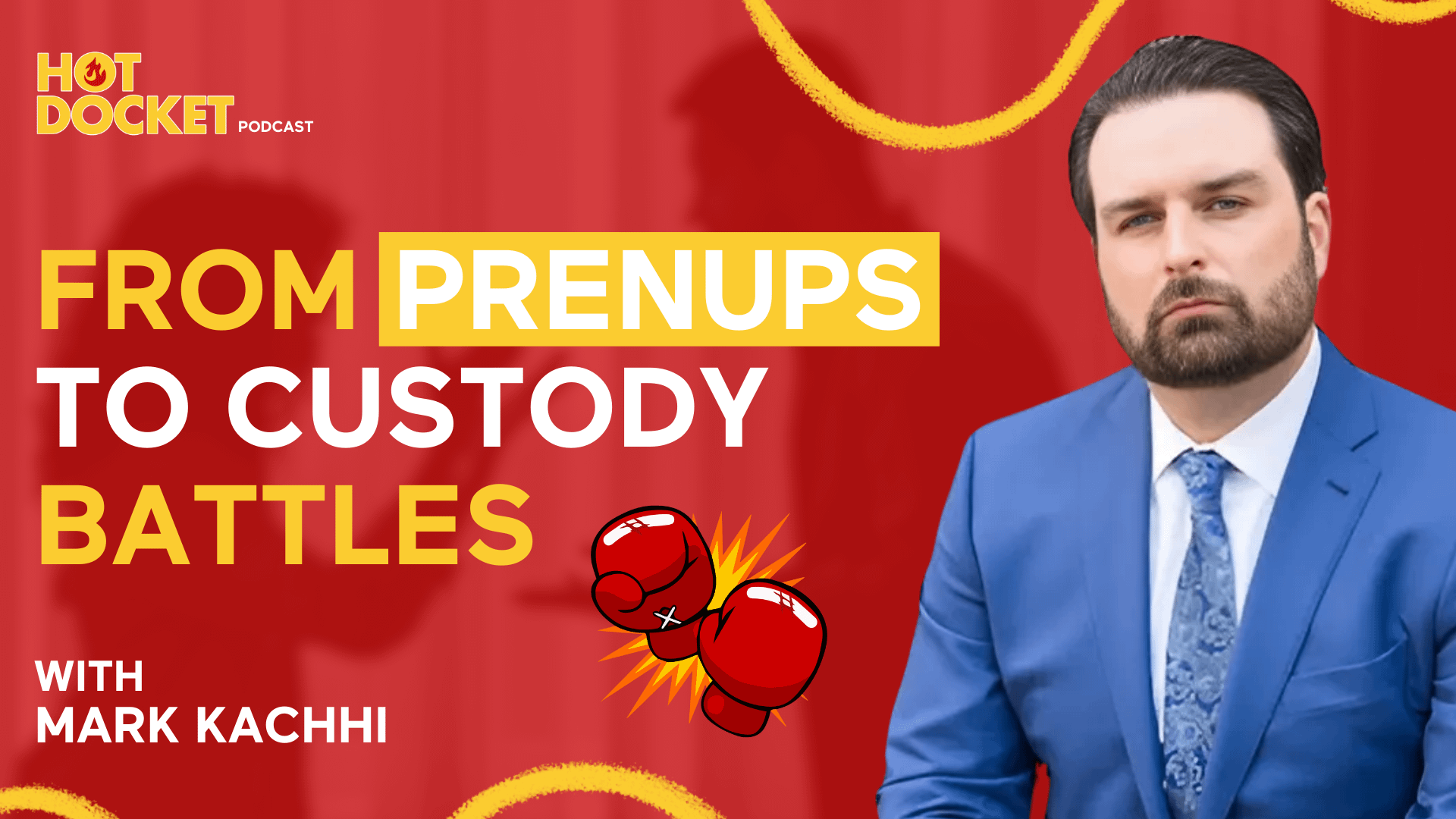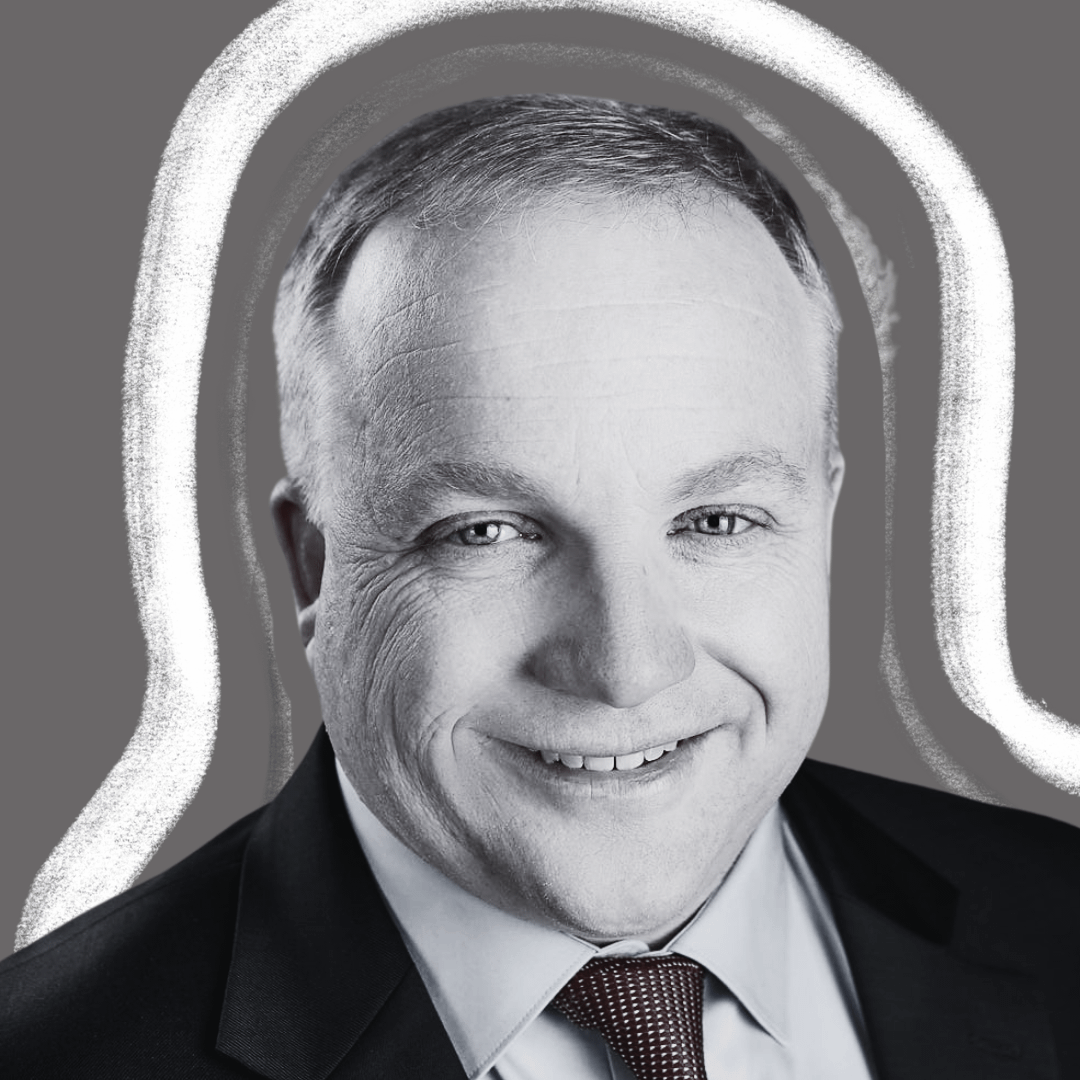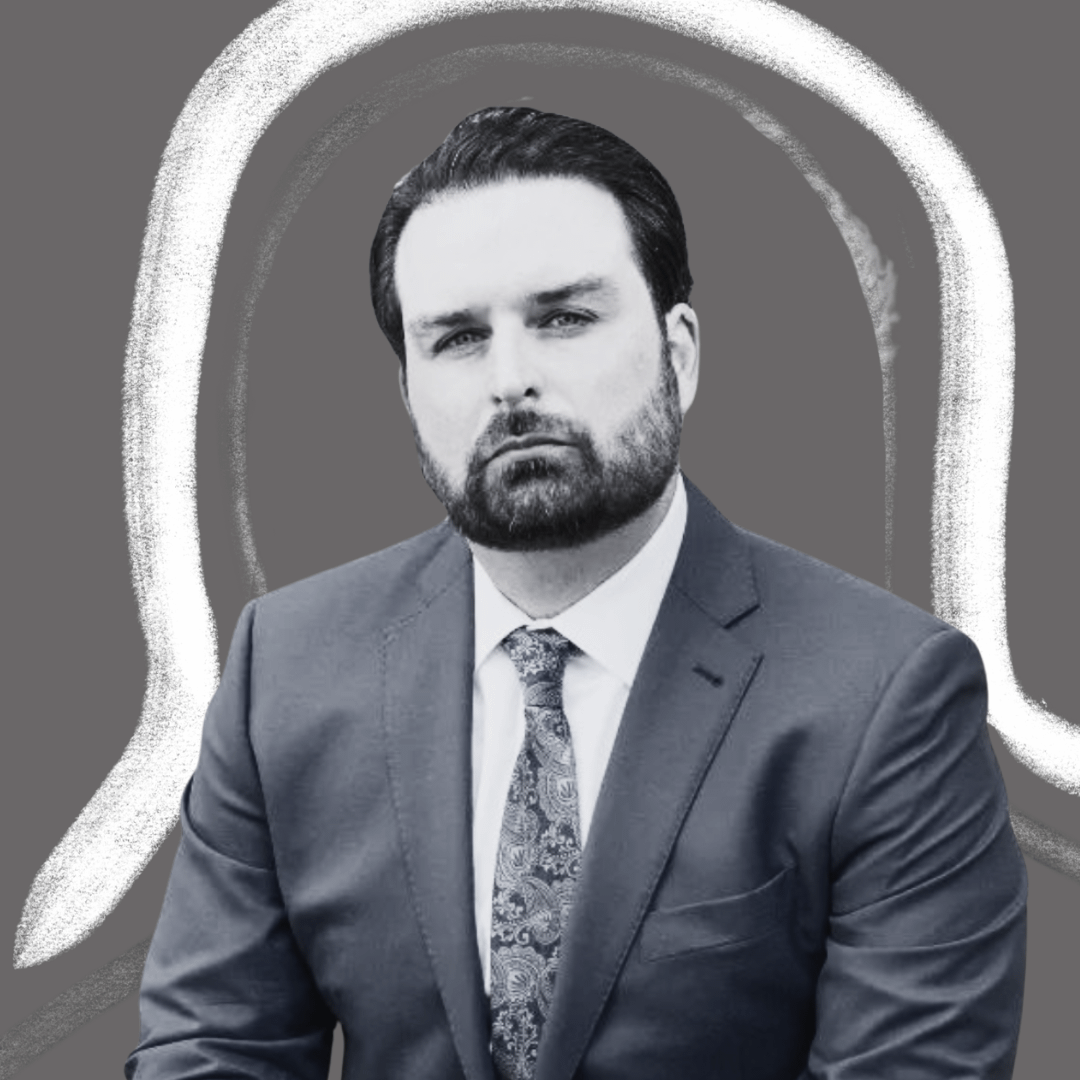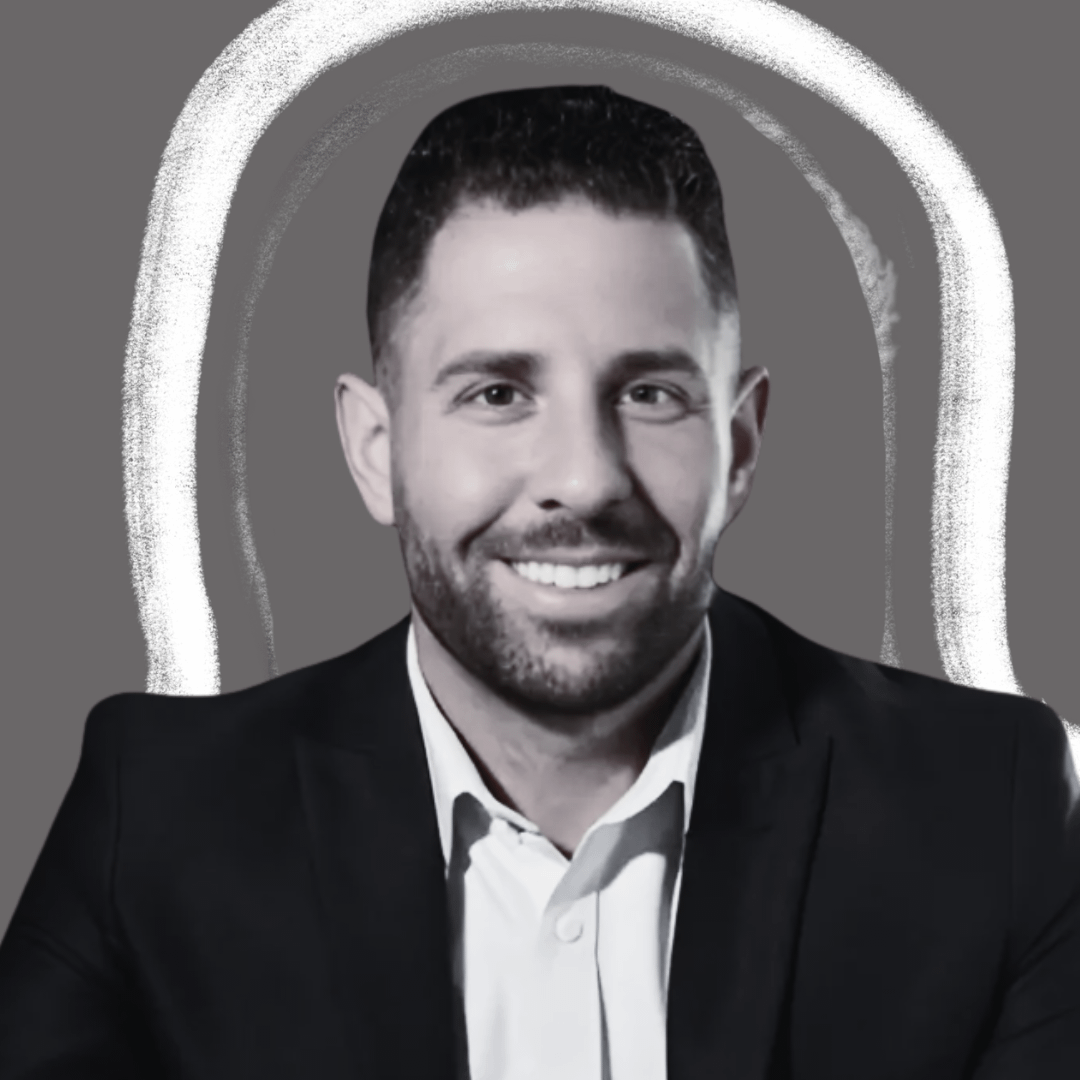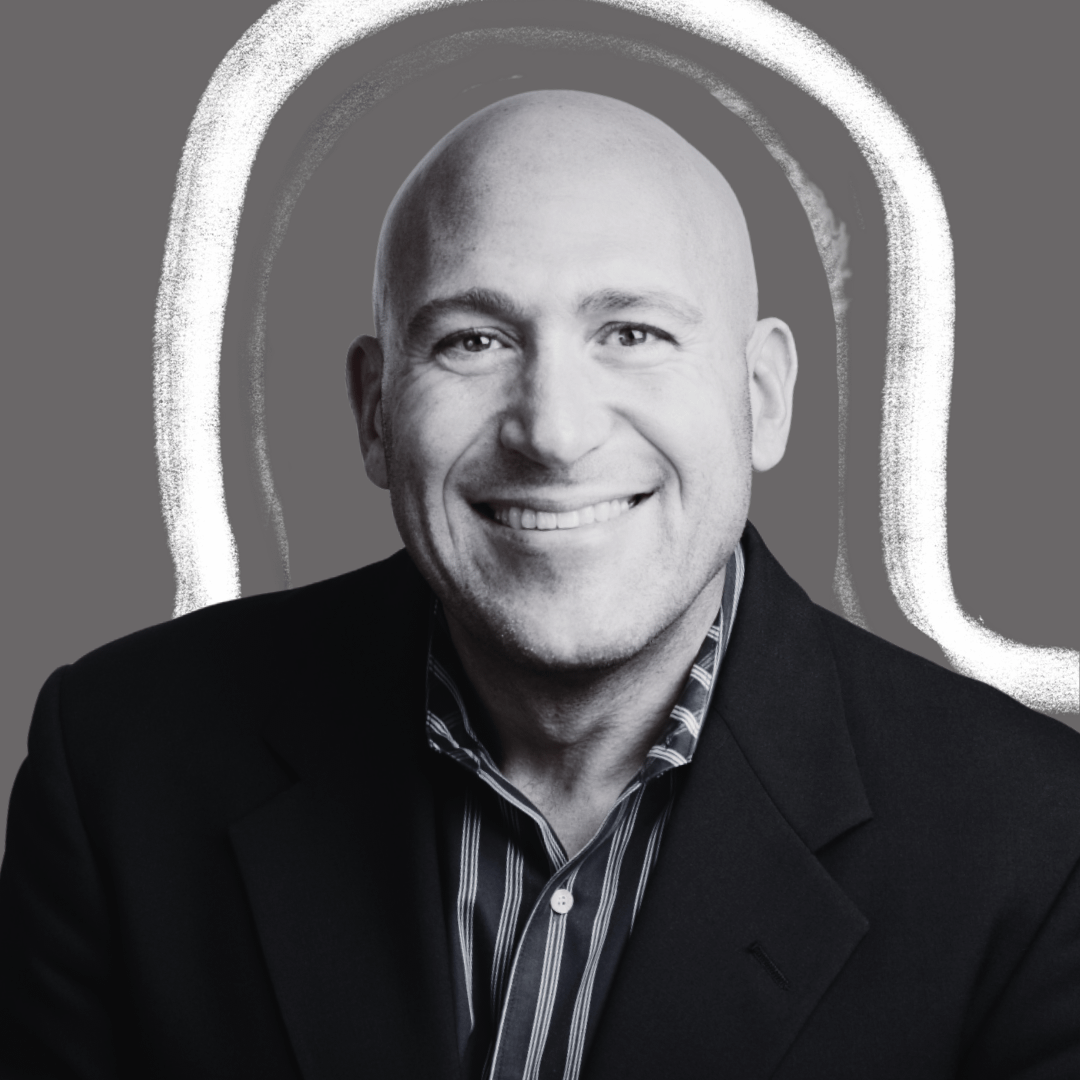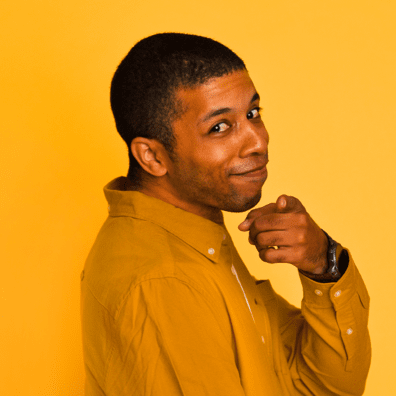[00:00:00] Mark Kachhi:
I know in the media you always hear celebrities or athletes or rappers talking about getting that prenup and shielding that bag and, and that sort of thing. And I really don’t view it as a practical matter in terms of people coming to me. That’s not what I’m seeing.
[00:00:16] Bobby Steinbach:
Welcome to Hot Docket, the show where we talk about winning marketing strategies that have built the most successful law firms.
[00:00:22] Andrew Nasrinpay:
Join us every two weeks for the latest trends and tactics to grow your law firm.
[00:00:27] Bobby Steinbach:
Hey everybody and welcome to the Hot Docket Podcast. Today we have on Mark Kachhi of The Mark Kachhi Law Firm, a uh, family law office in Philly. We’re gonna be talking about what it’s like to be a solo, just general q and a when it comes to family law and the divorce process, and, uh, go from there.
[00:00:44] Andrew Nasrinpay:
Yeah. Uh, I’m really looking forward to it.
[00:00:51] Andrew Nasrinpay:
Um, mark, my, my first question is kind of how you decided you wanted to become a lawyer, and can you give us a little bit of background on yourself?
[00:01:00] Mark Kachhi:
Sure. So how I became a, how I wanted to become a lawyer. That, that kind of goes way back. I’d say my dad kind of always wired me to be one, because even as a kid he would kind of talk to me in the Socratic method.
[00:01:14] Mark Kachhi:
His, his, he would always tell me there. The only answer, the only wrong answer is I don’t know. So I, I felt like when I got to law school, I, I was prepared for that. But, uh, the way I would say the defining moment was I was in eighth grade. I had a teacher, an English teacher, Ms. Lewis, and we read this book.
[00:01:33] Mark Kachhi:
I’m from California. Uh, we read this book, John Stein book of Mice and Men, and at the end of the book, the book ends with an angry mob about to lynch Lenny who. Had special needs and did something that he didn’t mean to do, but he ended up killing somebody and his friend George ended up killing him before the mob got to him and the class kind, she, the teacher kind of put onto this debate over whether what he did was right or wrong and the teacher turned it into a trial.
[00:02:05] Mark Kachhi:
So my first client was George and, and to talk about the mitigating circumstances and how. You know, what he did wasn’t as bad as described and basically advocating on his behalf. And kind of at that point is when I decided I, I’d really like this stuff. I really want to go to law school. I went to high school and I went to college.
[00:02:31] Mark Kachhi:
I went to uc, Santa Barbara, and I had a little bit too much fun in college, I would say, and I didn’t feel I was mature enough for law school, so I went out into the real world. And when I started working, I was working more than 40 hours and I was like, you know what? If I could put, invest this much time into work, I can do the same for law school and I’m ready.
[00:02:52] Mark Kachhi:
And that’s when I decided to go to law school.
[00:02:55] Bobby Steinbach:
Why Family law?
[00:02:56] Mark Kachhi:
Funny you should say that it, I fell into my lap. So after law school I worked at in financial services and I did bankruptcy and compliance and foreclosure and that kind of thing. When I went solo. I intended to be pre predominantly a bankruptcy attorney on the consumer side as opposed to the bank side, and I figured, oh, I would take some criminal cases that came my way and maybe I’d learn a little bit of family law.
[00:03:26] Mark Kachhi:
Well, it turned out that the business that I wasn’t really soliciting, which was family law, more and more started coming my way and I felt that it was more lucrative and believe it or not, less frustrating than bankruptcy. So it ended up taking over my practice, and that’s predominantly what I do now.
[00:03:46] Andrew Nasrinpay:
Can you tell us a little bit about the type of folks that come to you for prenups?
[00:03:50] Mark Kachhi:
Prenups and people that come to me for that? It, I, I would say it’s not what you would think, right? I, I know in the media you always hear celebrities or athletes or rappers talking about getting that prenup and, and shielding that bag and that sort of thing.
[00:04:06] Mark Kachhi:
I really don’t view it in as a practical matter in terms of people coming to me. That’s not what I’m seeing. What I’m actually seeing is people that understand the horrors of divorce and recognize that when you do get divorced often what happens is this one size fits all solution happens. They believe that under their circumstances, that wouldn’t be a fair way to divvy up assets in the event of a divorce.
[00:04:38] Mark Kachhi:
So they would like to spell these things out like, Hey, I, you know, I own this house before we got married. That should not be considered a marital property, or you’ve invested blood, sweat, and tears into your business. I shouldn’t have any claim to your business or I spent, I was diligent and prudent and maxed my 401k and you didn’t, and it wouldn’t be fair to divvy these things up.
[00:05:04] Mark Kachhi:
I would say those are the types of people that come to me for prenups is people that would like to sort of set the way that the assets get divvied up in the event of divorce.
[00:05:16] Andrew Nasrinpay:
What about postnup?
[00:05:19] Mark Kachhi:
So postnup. I think postnup are a very interesting thing that people don’t often talk about. I would say a good reason for a postnup is this.
[00:05:29] Mark Kachhi:
So often you’re living your married life and you’re living your married life in a certain way, and things that you do in marriage, whether it’s for out of the kindness of your heart or whether it is to help your spouse out when it comes divorce time, oftentimes. It’s gonna get forgotten. It’s, you’re not gonna get credit for it.
[00:05:50] Mark Kachhi:
It’ll be deemed a gift, right? So a postnup is a good tool to use sometimes if you want to control that. It’s a way of settling your property rights. So, I’ll give you an example. Like, let’s say I have a bunch of student loan debt and you know, my wife comes into money and I say, Hey, why don’t you, why don’t you give me this money to pay off my student loans because it’ll better the marriage.
[00:06:16] Mark Kachhi:
Well, maybe that would be a good time to negotiate a postnup and say, okay, I’ll give you that, but this is how the property is divvied up. This in consideration of what I’m doing. This is how the property should be divvied up now and that that would be a good time or a good opportunity to use a postnup.
[00:06:34] Mark Kachhi:
And that’s often why sometimes people get come to me for that. Another thing to add, an interesting thing that I’ve seen. Is certain states recognize it, certain don’t. But in Pennsylvania you can enter into postnup sort of list fidelity as a condition to how things shake out in the divorce. So sometimes other spouses that there’s been infidelity and they want to give a spouse one last time and they’re willing to give the marriage a shot, but they want to ensure that there’s no future infidelity.
[00:07:11] Mark Kachhi:
So it’s sort of another way of holding someone accountable in the marriage in terms of fidelity.
[00:07:17] Bobby Steinbach:
Uh, what I was gonna ask is w what’s like the line there? Because I feel like it could easily snowball where it’s Okay. Something big like student debt. Yeah. I might wanna post an up if I’m gonna give you $200,000 to pay off your student debt.
[00:07:32] Bobby Steinbach:
Does that, is it, is it like, let’s say you wanted to buy a car. Do you need a postnup if I’m gonna gift you a car, or is that not enough of a gift? Like where is the line when a postnup could make sense versus not?
[00:07:44] Mark Kachhi:
That’s a good question. It’s a case by case scenario, and it’s based on what you deemed to be big or not.
[00:07:52] Mark Kachhi:
I guess the other thing is you would talk to your attorney as to maybe how a divorce could play out with. Without the prenup versus with the prenup or so post without the postnup and with the postnup. And maybe that could factor into, you know, whether you’re deciding if it’s worth it or not.
[00:08:13] Bobby Steinbach:
Yeah.
[00:08:14] Bobby Steinbach:
Switching things up a little bit, did you always know that you wanted to kind of go the route of being a solo in the market, or at some point did you think about either, you know, joining I guess a bigger firm and or creating more of like a volume firm where you hire associates, you do the whole marketing engine type of thing?
[00:08:34] Mark Kachhi:
So, believe it or not, I always wanted to be a solo, well, I wouldn’t say always right, but in law school. I knew I wanted to be an attorney. I, when I got there, I didn’t necessarily know exactly what kind of law I wanted to do. So my freshman summer, I ended up, or my one l summer, sorry, I ended up working for this wonderful, these two wonderful lawyers who had a small firm in Cincinnati and they did bankruptcy work and I, I really liked what they had going on and.
[00:09:06] Mark Kachhi:
It’s something that intrigued me. Then when I got back to law school, I, I took this class that was kind of like an elective, supposed to be an easy class. It was taught by this professor, Mr. Burleson, and he was a solo practitioner. He was an adjunct and he basically, he was just tell war stories, right? And you know, when I’m taking that class, I was like, I’ve seen all these different types of lawyers, these prosecutors, these corporate lawyers.
[00:09:34] Mark Kachhi:
And believe it or not, the guy I wanna be is, is this guy because he had total autonomy of what he was working on. And you know, every day is a new challenge and you kind of controlled your own destiny. And in theory there’s unlimited rewards and that sort of thing. So when I graduated, I, I knew that I didn’t have to apply for this job.
[00:09:57] Mark Kachhi:
So I started working for where, you know, where I could get in, which was in bankruptcies and foreclosures at the time due to the financial crisis. And then when it was time I, I said, by the time I’m 40 I wanna do this. I hung my own shingle and got into this.
[00:10:16] Bobby Steinbach:
Got it. I’ve heard in family law, I think we was somebody we were talking to that there are all these like absolutely never do this type of things.
[00:10:26] Bobby Steinbach:
Do you remember what a, who We were talking to a woman and she was saying like, don’t give, what was it? Something like custody. Like, don’t let them take the, the kid away for a weekend or something. It will be used to get, well, I’m gonna, I’m not gonna, I’m not gonna do it justice. Anyways, I, I’d like to hear from you kinda like what is the number one or number one and two things that everyone kind of does wrong or doesn’t understand when it comes to their divorce and they should know.
[00:10:55] Mark Kachhi:
Okay. Well, I mean, if you’re talking about custody, one easy thing is be very careful about what you say in text online. On social media. The test should be like, how would you feel if someone read this out loud in front of a bunch of people and quickly maybe you’ll realize that things could get taken outta context and judges could look.
[00:11:21] Mark Kachhi:
Very downward upon negative things you say about your kid’s parent. So that’s, that’s one definitely, you know, thing not to do. The other thing I would say is, um, you know, try your best with custody to sort of have a plan in place before you separate because. When they determine custody, they’re using the best interest of the child.
[00:11:51] Mark Kachhi:
And if you’re establishing a routine in which you’re not really with the child, it’s pretty easy to, for the other side, to argue that you’re disrupting the child’s routine and it’s not in the best interest, and therefore you’re losing custody, which is not what you ever intended to give up. So that, that’s another thing I would say to, to be cognizant of depending on what your ultimate goals are in the custody process.
[00:12:19] Mark Kachhi:
As far as like divorce goes, I would say failure to consider a prenup, at least just, I’m not saying everyone should get it, but failing to consider it because there’s a lot of bad things that could happen that you probably didn’t contemplate going into a marriage.
[00:12:38] Bobby Steinbach:
You know, one thing that I’m like so curious about with family lawyers is a lot of the lawyers we talk to, there’s like two very clear sides of the V, right?
[00:12:46] Bobby Steinbach:
There’s like, you’re either a big law defense lawyer or you’re a plaintiff’s lawyer, like a personal injury lawyer. You’re either like criminal defense lawyer or you’re a state prosecutor for family law. It’s like interchangeable, right? Because there is no, there is no, I mean the V is between two people and you could be.
[00:13:04] Bobby Steinbach:
Wherever, like, uh, there is no clear delineation between the two. So does that affect like your working relationship with other attorneys in your practice? Because you might be against them one day, but then the next day, I don’t know, maybe they’re brought in to consult on your case, or you just like are getting a beer with them?
[00:13:23] Bobby Steinbach:
Like do you just have a close relationship with other family lawyers?
[00:13:27] Mark Kachhi:
That’s a great question. So the thing is. People like to call or think of attorneys as a monolith, but they’re not. They all have their own personalities. And with, with family law attorneys, they all, I would say like everyone kind of has their own, like their own like motto or their own, like I philosophies, I guess is maybe the be best word.
[00:13:54] Mark Kachhi:
So you might have some that are on this crusade, right? And they’re like, oh. I wanna get every dime from for, uh, my client and I’m only about my client, and I’m gonna push to the furthest extent. You might have other attorneys that are like, I understand I need to advocate for my client, but I also have a responsibility to consider collateral damage.
[00:14:19] Mark Kachhi:
Right? So there’s kids involved and the it, it’s gonna get ugly when I bring mom on the stand or dad on the stand and I. Cross-examining them and painting them in the most negative light, and then these two parties have to go back and co-parent together and go to school events together and stuff like that.
[00:14:39] Mark Kachhi:
You do have to balance your advocacy for your clients and some attorneys. I feel like it’s easier to make deals with because. Like humans, not all humans are the same. I, I feel that some opposing counsel have better ability to look at things objectively, right? And they’ll say, okay, I see what you’re saying.
[00:14:59] Mark Kachhi:
I can see the court going in this and that direction and you know, maybe entering in a deal. And then you could have other attorney, opposing counsel, who are, you know, oblivious and just think they’re gonna win every case. They’re gonna win every argument. And you know, they sort of have this boxing approach that it’s wins, losses and kos and those are the only metrics to measure your success.
[00:15:24] Bobby Steinbach:
Interesting.
[00:15:25] Andrew Nasrinpay:
Jumping back to the prenups point to kind of not run into those problems down the line, uh, do you ever find that there are folks for religious reasons, do not want to get a prenup? And would you have any sort of advice for those sort of folks?
[00:15:42] Mark Kachhi:
Yeah, so the, the religious convictions regarding prenups, what I would, what I tell them is, I understand, I, I understand your religious beliefs, I understand your religious faith, and I’m not knocking any of that and I’m not pushing anybody in the direction of divorce.
[00:16:00] Mark Kachhi:
But what you gotta understand, and I’m guessing in most states, it’s, it’s this way, can’t. I view your faith as something between you, you and God, right? You can’t control your other partner, so the other side could file for divorcing unilaterally can obtain ultimately a divorce despite your protest, or could obtain spousal support and things like that despite your protest.
[00:16:27] Mark Kachhi:
So I tell ’em it’s, look, let’s. Let’s pray for the best and be prepared for the worst. But if there’s reasons and and things you wanna protect, you gotta understand that you can’t control what the other side does, how the other side may change. For these reasons you may want to consider protecting yourself.
[00:16:48] Andrew Nasrinpay:
Do you have any sort of horror stories you wanna tell us?
[00:16:52] Mark Kachhi:
Yes, I do. Um, and I’m not gonna go too deep into the facts. But one thing that I think people don’t know is that marital misconduct does not factor into things like the distribution of property. Okay? So what that means is you could have a spouse that commits physical abuse against the other spouse and is a just a bad spouse in general, not really pulling their weight, and then decide to leave.
[00:17:27] Mark Kachhi:
The other spouse and walk away with, with a check. And just think about that for a second, right? You, you have someone that you don’t like, and on top of it, they did something really bad to you, right? Yeah. You could go after them criminally, you could go after them civilly. But imagine writing that person a check every month or reminding, imagine like splitting up things that you worked really hard for.
[00:17:52] Mark Kachhi:
And having to hand that person over and the court saying, sorry. Yeah, there’s nothing I can do. I understand. I agree that your spouse is a terrible human being, but the law is the law and we’re here to carry out the law. So I think that’s a huge horror story and something to think about in your prenup, you could put that, you could put a provision in there that says like, if you’re convicted.
[00:18:14] Mark Kachhi:
Of physical harm that rises to this level. You’re not entitled to X, Y, and Z, or that’s something you could put in there to, to protect yourself.
[00:18:24] Andrew Nasrinpay:
Does that change state by state with like fault or not?
[00:18:27] Mark Kachhi:
Yes. So again, I, I don’t know if I said this earlier, I’m only licensed in Pennsylvania, so a lot of things I’m saying are probably Pennsylvania specific.
[00:18:38] Mark Kachhi:
I do think that fault states are not the norm anymore. Most states are no fault. So there, there may be states out there that have those fault provisions, and in the example that I said, that might be an incident in which, you know. That, that antique antiquated way of thinking makes sense.
[00:18:59] Andrew Nasrinpay:
So, uh, I’m curious for folks that wanna learn more about this or want to hear about some other stuff from you are, are there any places that they can find out about you?
[00:19:10] Mark Kachhi:
Sure. So I do have a podcast. It’s called Solo in South Philly. It’s on Spotify, apple Music, and other places where you can get your podcasts. And I’m in my second season, so in the first season, I interviewed 10 different people that I went to law school with about a decade later and have them share their journey about what led them to law school, what law school was like, and what they’re doing now.
[00:19:37] Mark Kachhi:
So that’s a great season to listen to if you’re interested in gonna law school or interested in the different areas of law. And then this season is called I need a lawyer, right? So I’m an attorney and there’s lots of areas I don’t practice or there’s lots of areas where I need advice and I call on different people that I go to that practice different areas of law and basically have them talk about their area law and give a sales pitch for themselves in case people need them.
[00:20:05] Mark Kachhi:
But so yeah, that’s that one place to. To check me out, I guess. Um, my website occasionally, I, I will blog on things that come to mind, but work tends to get in the way. But www.law cot.com is my website for anyone who wants to check it out.
[00:20:23] Andrew Nasrinpay:
Alright. I, I, I learned a lot. Uh, I thought it was pretty interesting.
[00:20:27] Andrew Nasrinpay:
Bobby. Um, do you have any questions on your end?
[00:20:30] Bobby Steinbach:
Nope, no questions. I, um, John Steinbeck is like a sore note for me. The amount of times people have asked me, are you related to John Steinbeck is disgusting. Not even remotely the same spelling, but that’s my life. So, no, I thought it was all good. I, I, I particularly like, enjoyed learning more about the dynamics of like, family, lawyers going against each other or the different ways that they approach, uh, client interaction and all that.
[00:21:00] Bobby Steinbach:
I’ve seen it with some of our clients and it’s like interesting to hear. First party perspective on it. So, um, thanks again for hopping on with us, mark. We hope you’ve enjoyed this episode of Hot Doc. We’re your hosts, Bobby and Andrew, founders of Mean Pub, the marketing agency for ambitious law firms.
[00:21:17] Andrew Nasrinpay:
Have questions about marketing or anything we covered today? Email us at bark@meanpug.com.
